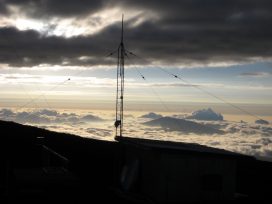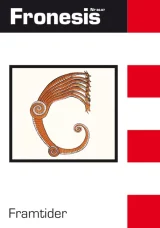Sverker Sörlin
is a professor in the Division of History of Science, Technology and Environment at the KTH Royal Institute of Technology, Stockholm, a co-founder of the KTH Environmental Humanities Laboratory, and a member of the Institute for Advanced Study, Princeton. He also serves as a policy analyst and advisor.
Current research interests include the science politics of climate change and the formation of environmental expertise. He is the co-editor, with Libby Robin and Paul Warde, of The Future of Nature: Documents of Global Change (Yale University Press, 2013), and, with Dolly Jörgensen, of Northscapes: History, Technology, and the Making of Northern Environments (University of British Columbia Press, 2013). He is a member of the Swedish government’s Environmental Science Advisory Board.
Articles
Modernist humanism, in which individual rights and freedoms are won at the expense of the natural world, is entering into ever greater tension with the new emphasis on interconnectedness. Environmental historian Sverker Sörlin on the ongoing scientific renegotiation of concepts of humanity and nature.


